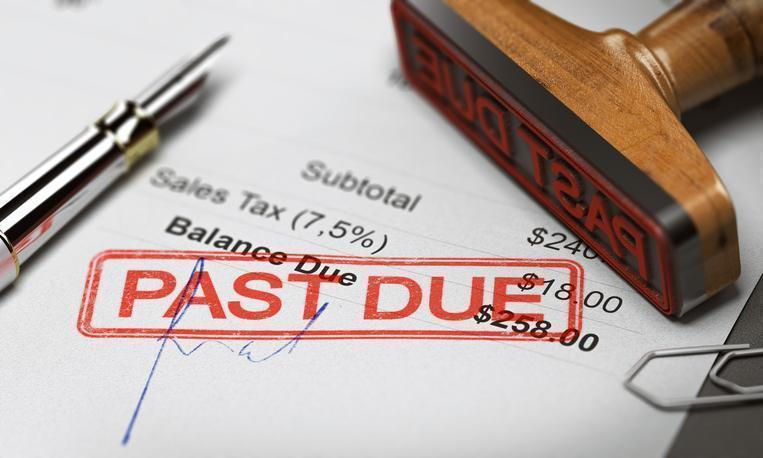
- posted: Apr. 02, 2020
- Consumer Protection
The average American carries an ever-growing amount of consumer debt, including credit cards, auto loans, mortgages, and medical debts. Credit has become an integral part of how we do business in the United States, and it is easy to become overwhelmed by debt, often due to circumstances beyond our control.
However, creditors and debt collectors generally aren’t concerned with the hardships people face, such as a job loss, a death in the family, or unexpected medical expenses. Instead they are concerned with collecting what they believe people owe them. It is all too common for debt collectors to use aggressive threats, misinformation, or other deceptive practices when trying to get you to pay. Such practices are illegal nationwide under the Fair Debt Collection Practices Act, and West Virginia law offers even more protections under the Consumer Credit and Protection Act. It is important that people be aware of their rights as a consumer in West Virginia.
Under the law, West Virginia consumers have the right to:
- Accurate information — Creditors must provide clear and truthful information about how much money you owe, to whom it is owed, and the collection process. Debt collectors who make false claims about the amount owed or the consequences of nonpayment do so illegally.
- Privacy – Your debts are your business, and debt collectors are forbidden from disclosing anything about you or your debt to anyone but you, and in some instances, family members living at your home. If a collector contacts employers, friends, neighbors, or relatives living outside your home discussing information about your debt (or even that the call is about a debt), that collector has violated West Virginia law.
- Freedom from harassment — It is unlawful for debt collectors to threaten, harass, or intimidate you in an attempt to make you pay. Some collectors threaten to contact employers, friends, or even law enforcement about your debt, but these threats are hollow and illegal. It is also illegal to threaten filing a lawsuit against you if the collector doesn’t intend to do so.
- Written notice about statute of limitations — Once your debt is beyond the statute of limitations for filing a legal action for collection, a creditor or debt collector must inform you of this in all written communications.
- The truth – Some debt collectors also threaten to add extra fees if you don’t pay, but the law prohibits collection agencies from adding fees for the purpose of collection and only a creditor who owns the debt may charge interest or other fees, and only under particular circumstances.
- Fair credit bureau reporting – Collectors and creditors are not permitted to report false information to a credit reporting agency or credit bureau, or even threaten to report false information. Credit ratings and scores are important to consumers who obtain credit, and the law forbids scofflaws from tampering with consumers’ credit reports.
- Protection by your lawyer – Within three (3) days of receiving notice that you are represented by a lawyer, debt collectors must immediately stop contacting you – whether by phone, by letter, or by any other means. This is an additional protection offered by West Virginia law.
- Additional rights – Whereas federal law limits these types of conduct by third-party collection agencies, West Virginia law goes further by protecting you against falsehoods, intimidation, and harassment from even the original creditor.
Unfortunately, some creditors and debt collectors break the law often, and they do it for one simple reason: It works. Fortunately, however, you have legal remedies if debt collectors break the law. West Virginia allows consumers to seek damages, penalties, court costs, and attorney fees from collectors who ignore your rights.
Well-versed in consumer protection law, the lawyers at Calwell Luce diTrapano PLLC in Charleston represent West Virginian residents who are dealing with debt of all kinds. If you need strong legal representation, call us at 800-876-5529 or contact us online.



